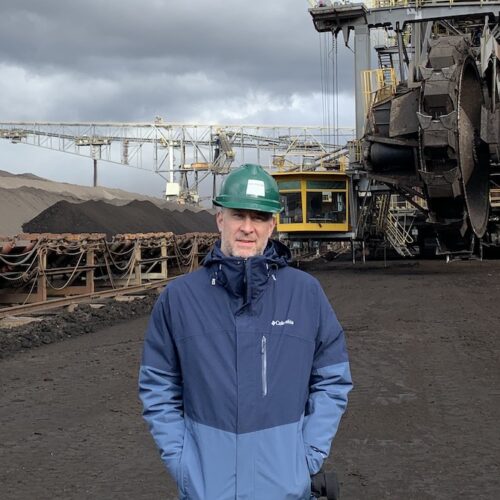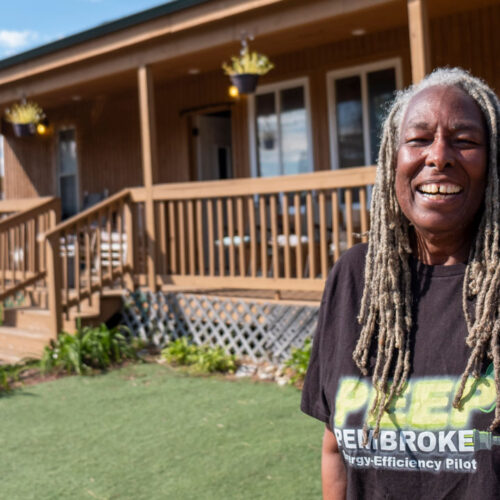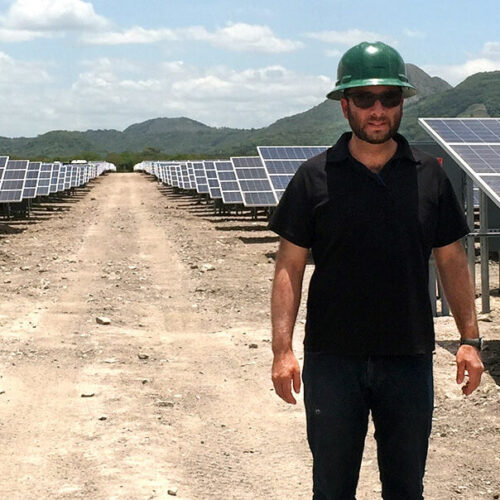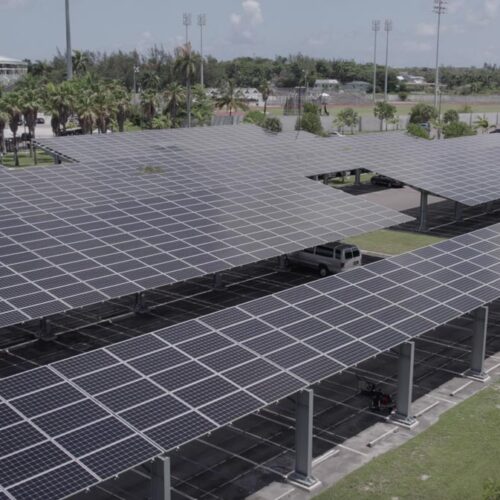
Laurie is the managing editor for RMI.
Background
Laurie has over 30 years of experience in renewable energy technologies. Prior to joining RMI, Laurie was the International Program Manager for Solar Energy International (SEI), where she organized renewable energy trainings around the world. She also wrote articles for environmental magazines and was green building editor for Home Power magazine.
Laurie has extensive experience working on and documenting rural electrification renewable energy projects throughout Latin America. She spent a year installing solar rural electrification systems in repatriated refugee communities in El Salvador with an organization she cofounded called Solar Community Projects, and spent a year working on solar water distillation at the Engineering University in Managua, Nicaragua. Laurie has also led renewable energy and energy efficiency tours of Cuba with Eco-Cuba Network since 1996. Laurie currently serves as an advisory board member to Remote Energy, a nonprofit organization serving as a technical/teaching arm for organizations that are working on international clean energy programs.
Education
M.Sc., Energy Engineering, University of Colorado Boulder
BA, Mathematics, Colorado College
Awards: Phi Beta Kappa, National Science Foundation Graduate Fellow
Location
Basalt, CO
Why I Love Working At RMI
“The best thing about working at RMI is knowing that I am part of transforming the energy system and creating a better future for not only my son but all the children on the planet.”









